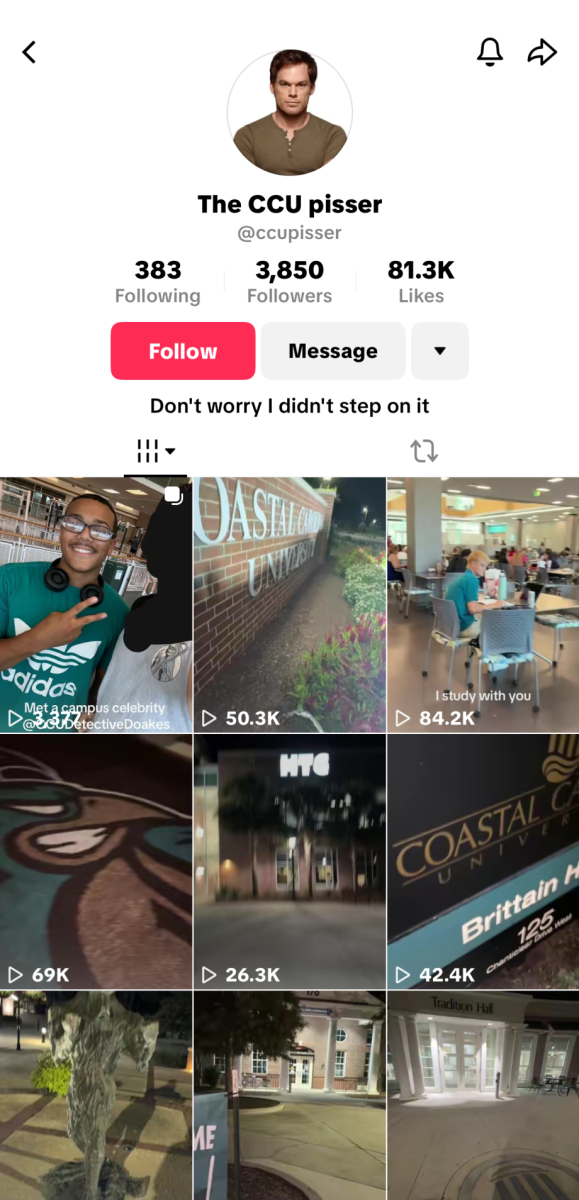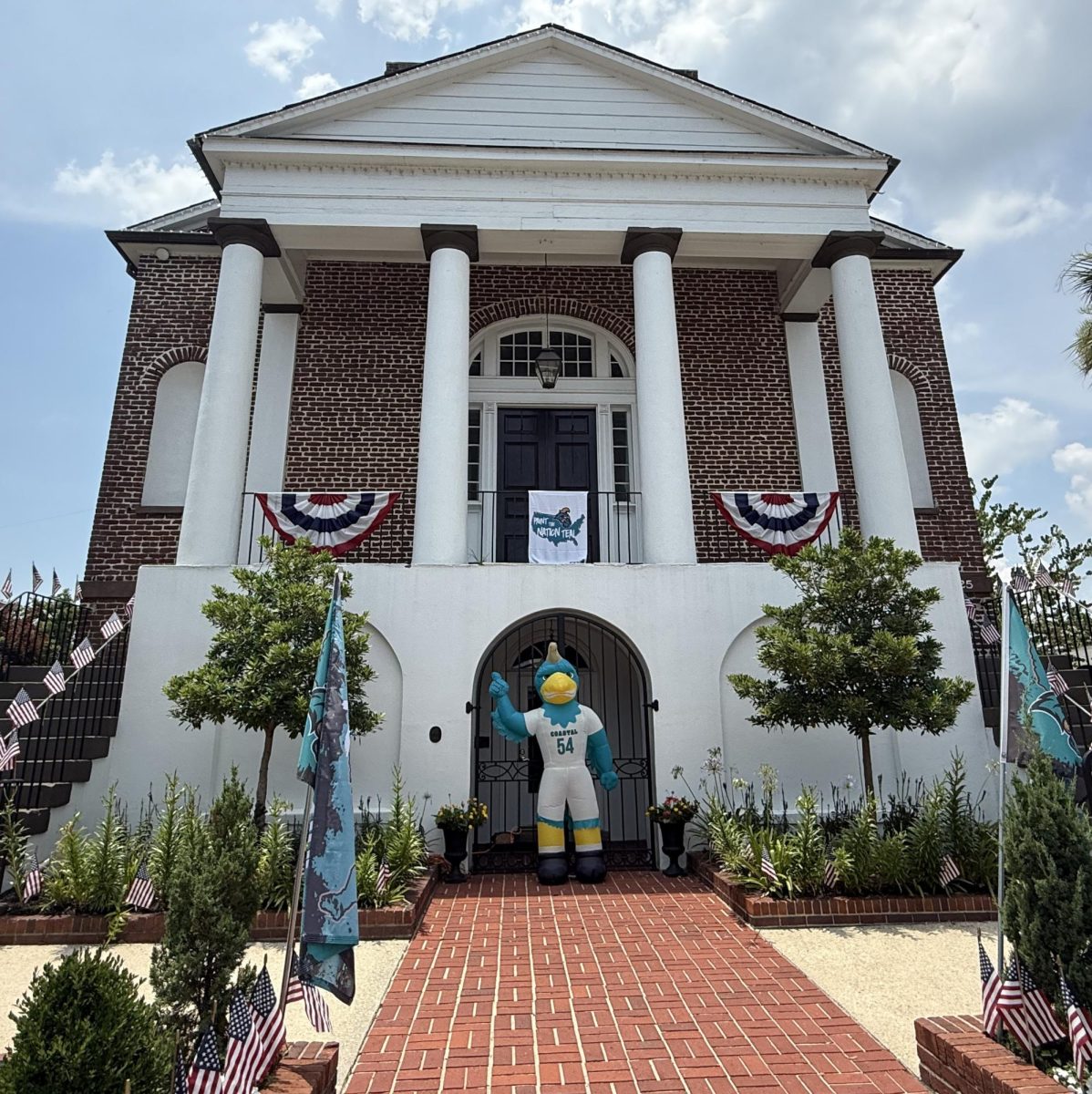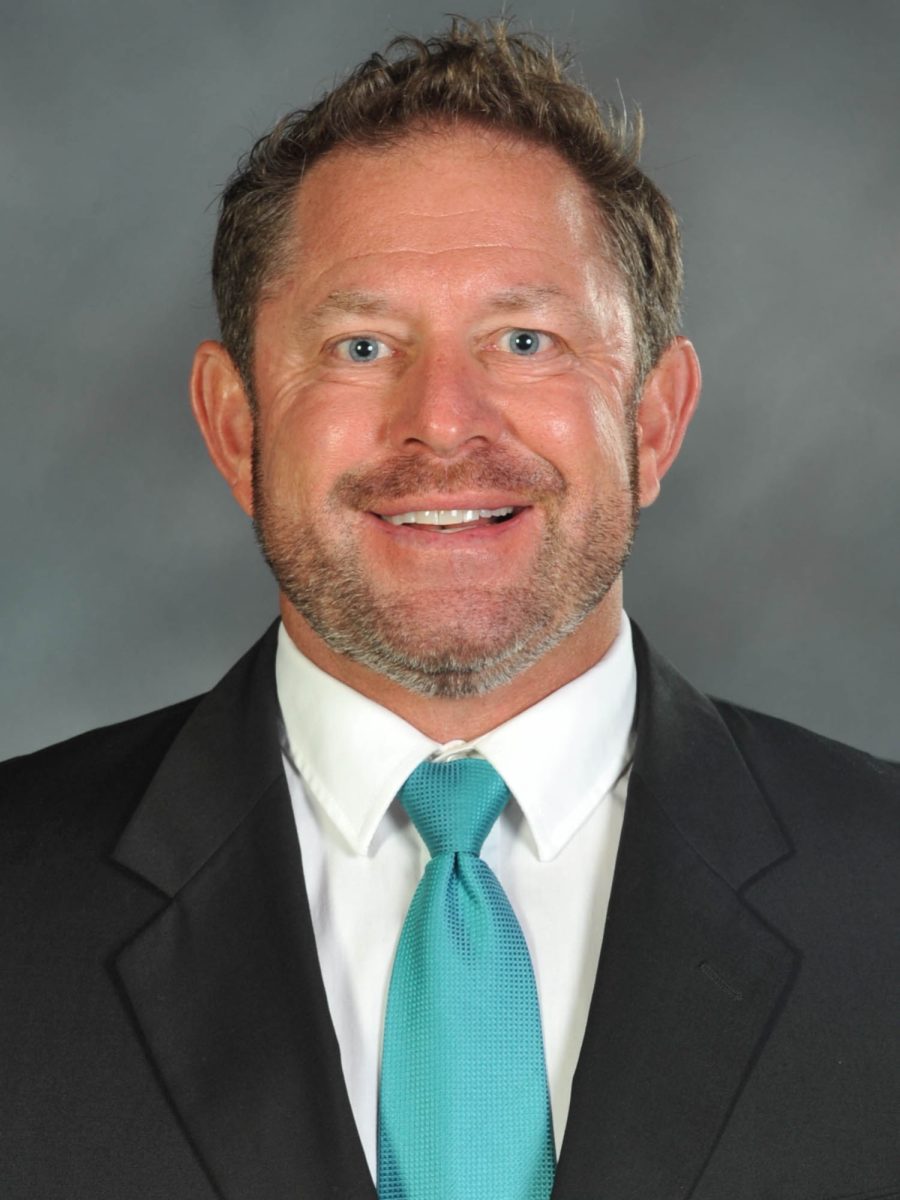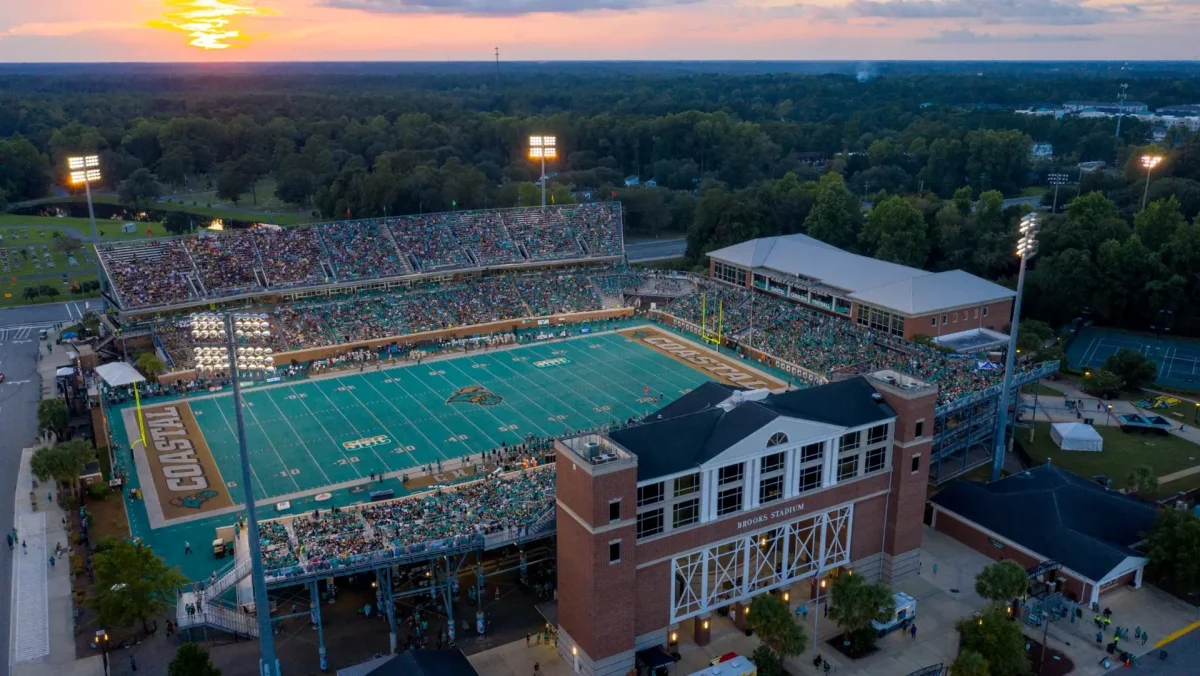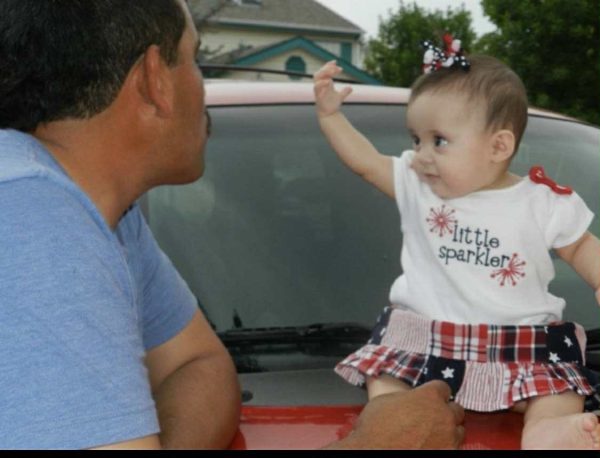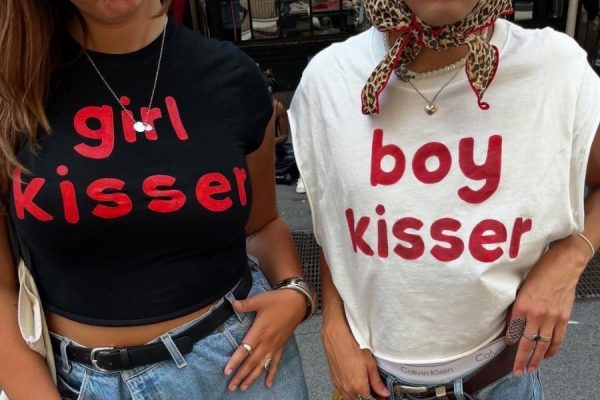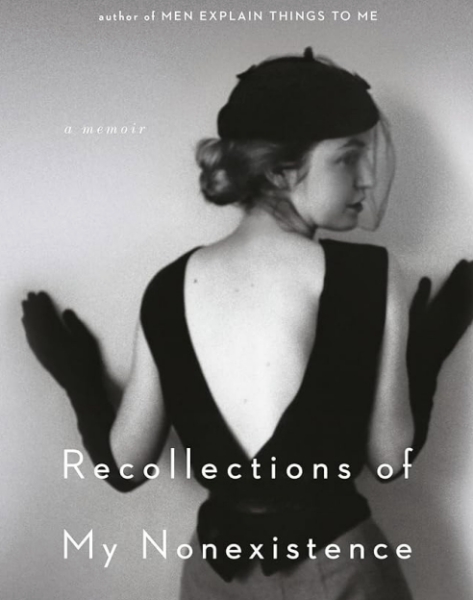March madness of alcohol consumption
It is no secret that copious amounts of alcohol are consumed during one of the most exciting sporting events of the year. Students and fans come together to attend tailgate parties, house or bar gatherings and post-game celebrations.
In these events, there is a singleminded goal: To have a drink.
While the tournament positively affects every school involved, it can expose students and fans to the negative influence of excessive alcohol consumption.
There are significant dangers associated with excessive alcohol use. Binge drinking is a pattern that increases blood alcohol concentration. Generally, among men, this is five or more drinks within two hours, and for women, four or more drinks in two hours.
There are cataclysmic consequences of binge drinking. Binge drinking exposes people to alcohol poisoning, suicide attempts, health problems, injuries, unsafe sexual behavior, driving under the influence, sexual assault, assault, and even death.
Fortunately, there are practical ways to avoid the madness of alcohol consumption, stay sober, or participate responsibly.
First, if you know someone struggling with an alcohol or drug addiction, it is vital to get them help. Intervention is more effective toward the beginning of the addiction.
Whether someone is in recovery from addiction, choosing sobriety, or consuming alcohol responsibly, it is a challenge to be surrounded by excess alcohol. There are practical ways to avoid the pitfalls of a drunken March Madness event.
How to avoid overconsumption:
Suppose you are a casual drinker of legal age. In that case, stick to one or two alcoholic beverages during the game. Drink water between alcoholic beverages and have a full meal to avoid drinking alcohol on an empty stomach. Opt-out of playing drinking games and other binge drinking atmospheres. Finally, even if you do not feel intoxicated, do not drive.
In contrast, if you are recovering from addiction or choosing sobriety during this time, have a plan to avoid any potential relapse.
Begin with identifying individual relapse triggers such as people, places, bars, environments or groups. Set clear boundaries and limitations for yourself. Manage the negative emotions these triggers create and have a healthy outlet.
Bring non-alcoholic drinks and go with other sober like-minded people if you are attending celebrations. Attend the event with an exit strategy if things become too much to manage. Ask for help or attend a support meeting.
It is crucial to be prepared if you are worried about your sobriety.
March Madness showcases some of the best basketball talents in the nation. However, participating in the fun should not cost your health or future. Make responsible choices, ask for help, and be aware of the risks associated with excessive alcohol use.

Nickolaus Hayes is a healthcare professional in the field of substance abuse and addiction recovery. He strives to provide current, up-to-date facts about drug and alcohol abuse to his readers. His primary focus is spreading awareness by educating individuals on the topics surrounding substance abuse.

